Elevating Understanding and Management of Hypertriglyceridemia: From Risk Factor to Novel Therapeutic Target
Published: 25 March 2024
-
Views:
 2704
2704
-
Likes:
 7
7
-
Views:
 2704
2704
-
Likes:
 7
7
Overview
This microlearning series aims to provide guidance on how to identify, manage, and treat hypertriglyceridemia (HTG) in your patients and improve patient outcomes.
The programme is aimed to improve understanding of HTG as a risk factor for acute and chronic illness, address challenges of diagnosing and treating elevated TG levels and review latest data for emerging therapies.
Guided by the expertise of renowned leaders in the field, including Dr Christie Ballantyne (Baylor College of Medicine, Texas, US) as programme chair, who is accompanied by Dr Robert Eckel (University of Colorado, Colorado, US), Prof Ioanna Gouni-Berthold (University of Cologne, Cologne, DE) and Dr Nicholas Marston (Brigham and Women’s Hospital, Boston, US), this series comprises five succinct sessions designed to revolutionise your approach to HTG management.
The full series of this programme is available as a course to earn 1.00 AMA PRA Credit.
Key Learning Objectives
- Understand HTG as a risk factor for acute and chronic illness
- Describe current guideline directed management of HTG
- Recognise the gaps and challenges present in current guideline directed management of HTG
- Recall emerging trial data for novel pharmacological targets
- Use guidelines, trial data & expert opinion to develop individualised treatment strategies for high-risk patients
Target Audience
- Cardiologists
- Lipidologists
- Other Allied HCPs
More from this programme
Part 1
Hypertriglyceridemia: A Risk Factor for Acute & Chronic Illness
In this first part, Dr Eckel explores hypertriglyceridemia as a risk factor for both acute & chronic illness.
Part 2
Current Guideline-Directed Approach to Hypertriglyceridemia
In this second part, Prof Gouni-Berthold presents some of the guidelines and looks at management strategies and treatment goals.
Part 3
Gaps & Challenges within Current Approach
In this third part, Dr Ballantyne touches on the remaining gaps and challenges.
Part 4
Novel Pharmacological Management of HTG
In this fourth part, Dr Marston guides us through various pharmacological management options for HTG.
Part 5
Discussion: Optimal Approach to HTG Diagnosis & Management
In this final part, the panel share their thoughts and guidance on some really important practical points on the management of HTG.
Faculty Biographies
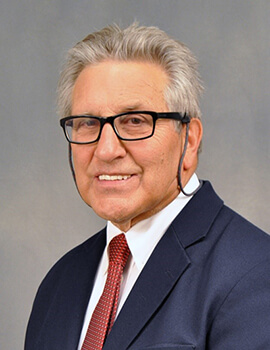
Robert Eckel
Professor of Medicine
Dr Robert Eckel is Professor of Medicine in the Division of Endocrinology, Metabolism and Diabetes at the University of Colorado Anschutz Medical Campus, Colorado, US.
Dr Eckel has held appointments such as the Charles A. Boettcher II Endowed Chair in atherosclerosis research at the University of Colorado, director of the Lipid Clinic at University of Colorado Hospital, and program director of the National Center for Research Resources at the Colorado Clinical Translational Sciences Institute.
In his research endeavours, Dr Eckel has examined diet and metabolic predictors of weight change, lipid disorders, inflammation and atherosclerosis. In the laboratory, he explores tissue-specific over expression or deletion of lipid-related gene expression and tissue culture to address similar issues in more extensive and mechanistic detail. Overall, Dr Eckel’s research is targeted to uncovering basic mechanisms of how metabolic diseases relate to cardiovascular…
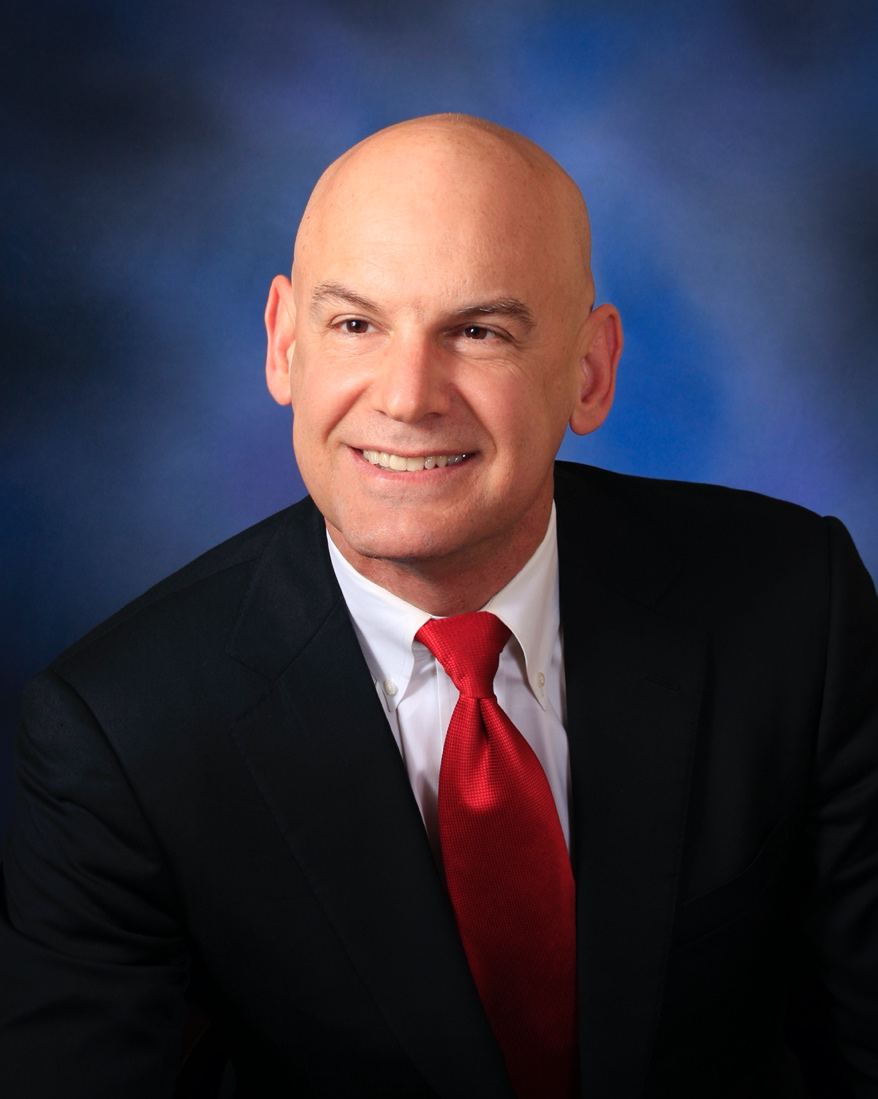
Christie Ballantyne
Chief of Cardiovascular Research and Director of the Center for Cardiometabolic Disease Prevention
Dr Christie Ballantyne is the Chief of Cardiovascular Research, Director of the Center for Cardiometabolic Disease Prevention, and Professor of Medicine at Baylor College of Medicine in Texas, US.
He received his MD from Baylor College of Medicine and performed both his internal medicine residency at The University of Texas Southwestern Medical School. He completed a cardiology fellowship at Baylor College of Medicine and an American Heart Association/Bugher Foundation Fellowship at the Howard Hughes Medical Institute and Institute for Molecular Genetics at Baylor.
Dr Ballantyne is an internationally-renowned expert on lipids, atherosclerosis and heart disease prevention. His research interest in the prevention of heart disease has led him to become an established investigator for the American Heart Association and to receive continuous funding from the NIH since joining the faculty in 1988 in basic research of leukocyte- endothelial interactions,…

Ioanna Gouni-Berthold
Professor of Internal Medicine
Prof Ioanna Gouni-Berthold is Professor of Internal Medicine and Head of the Lipid Research Clinic at the Policlinic for Endocrinology, Diabetes and Preventive Medicine at the University of Cologne in Germany.
Prof Gouni-Berthold received her training at prestigious Universities such as the Baylor College of Medicine and Harvard Medical School and is double board certified in Internal Medicine and Endocrinology, Diabetes and Metabolism.
Her research on lipids has been published in Journals such as the New England Journal of Medicine, Lancet, Lancet Diabetes & Endocrinology and the JAMA.
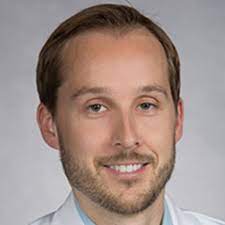
Nicholas Marston
Cardiologist
Dr Nicholas Marston is a Cardiologist at the Preventive Cardiology Section and Cardiovascular Genetics Section at Brigham and Women's Hospital in Boston, US.
Dr Marston is Assistant Professor at Harvard Medical School and an associate member of the Broad Institute of Harvard and MIT. He is also an Investigator in the TIMI Study Group.
He received his medical degree from University of Minnesota Medical School






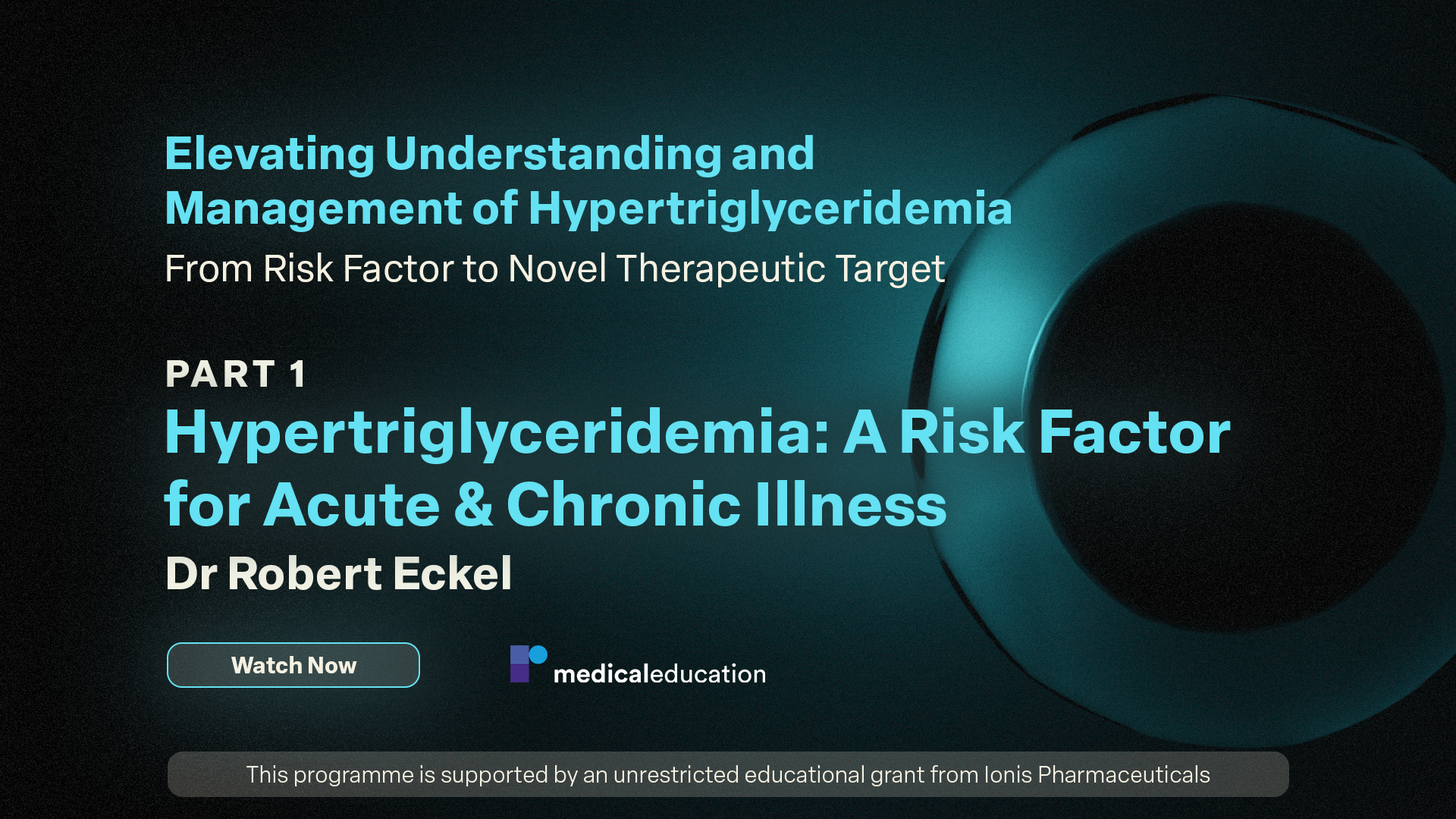
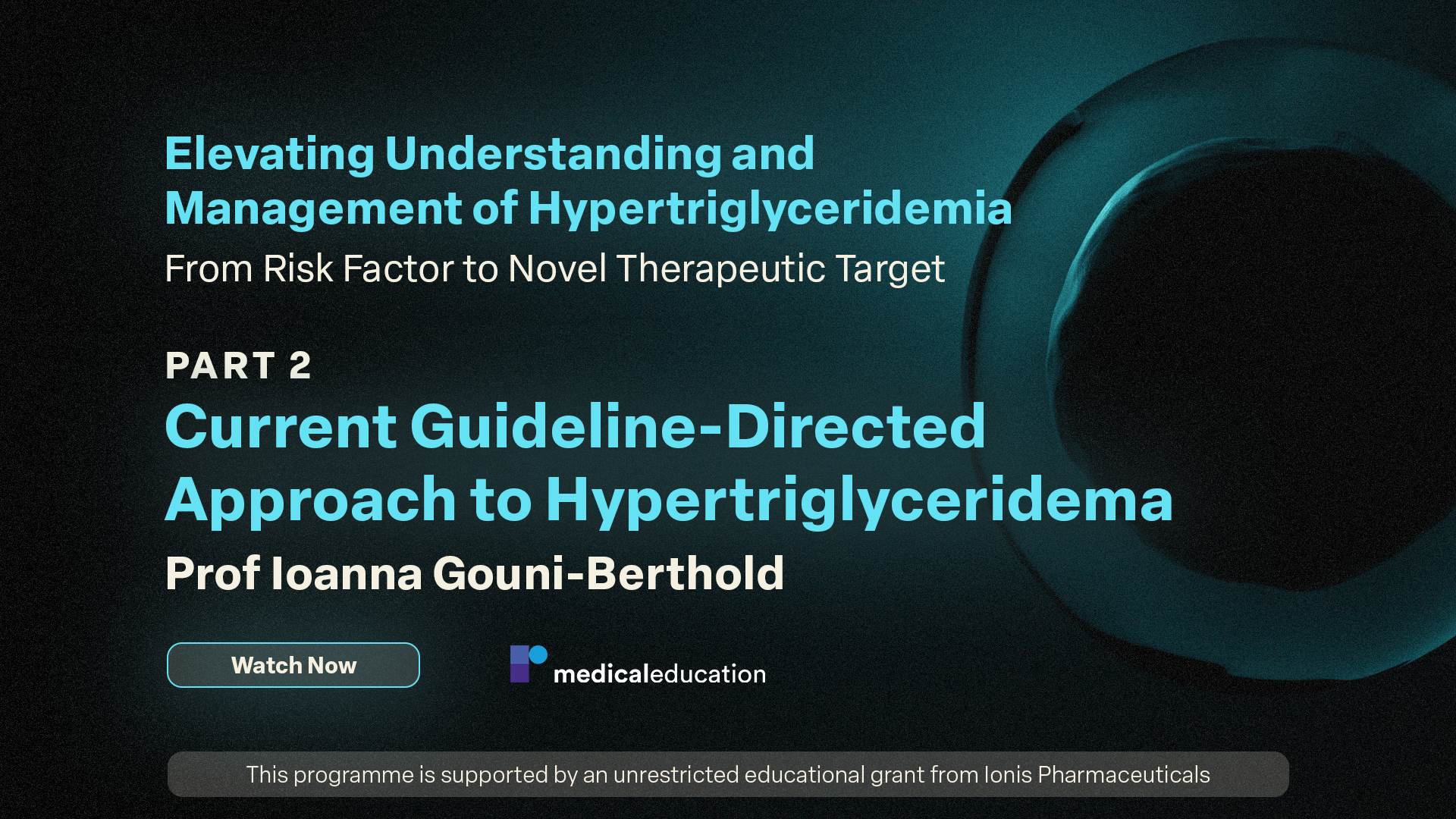
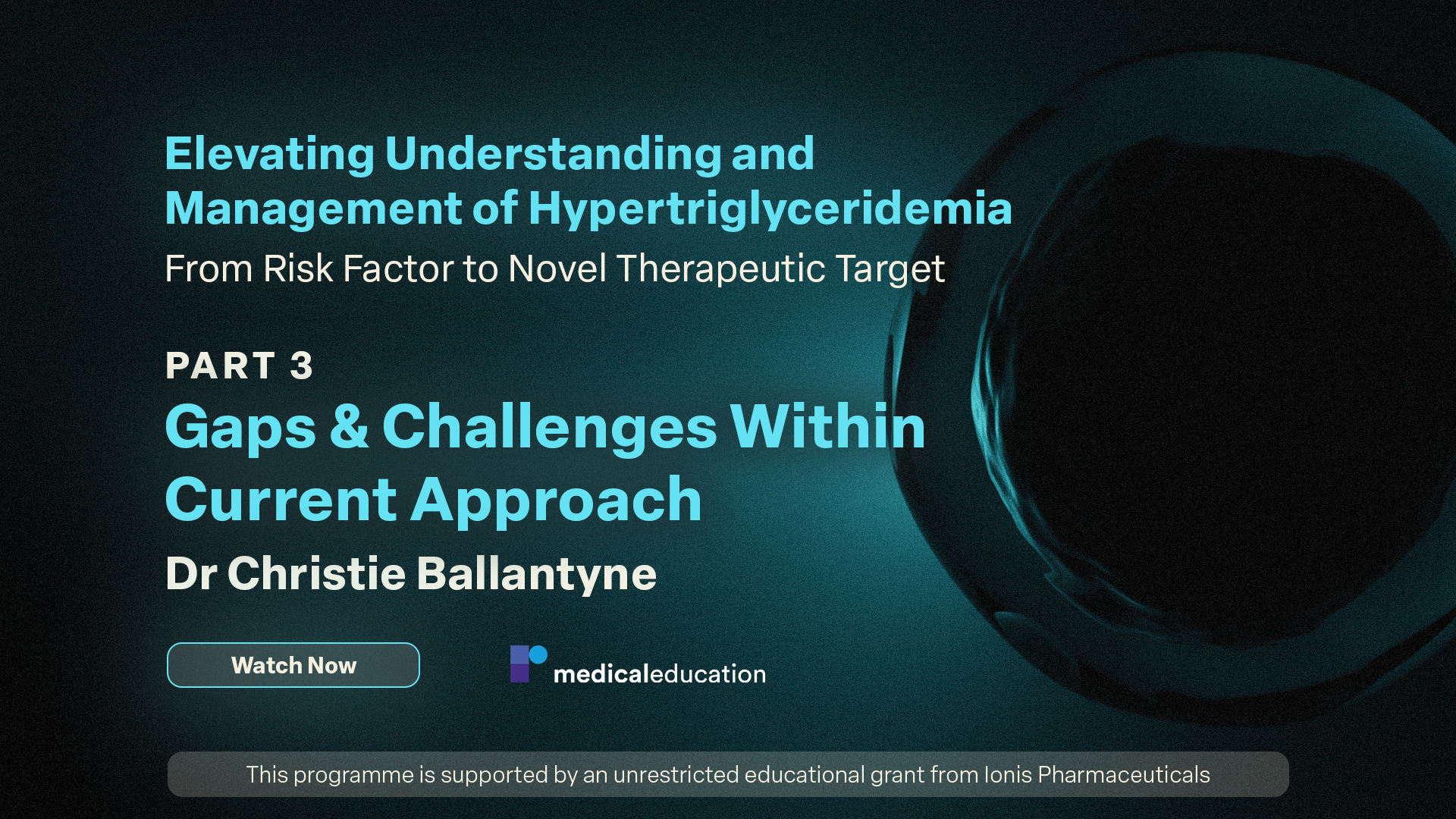
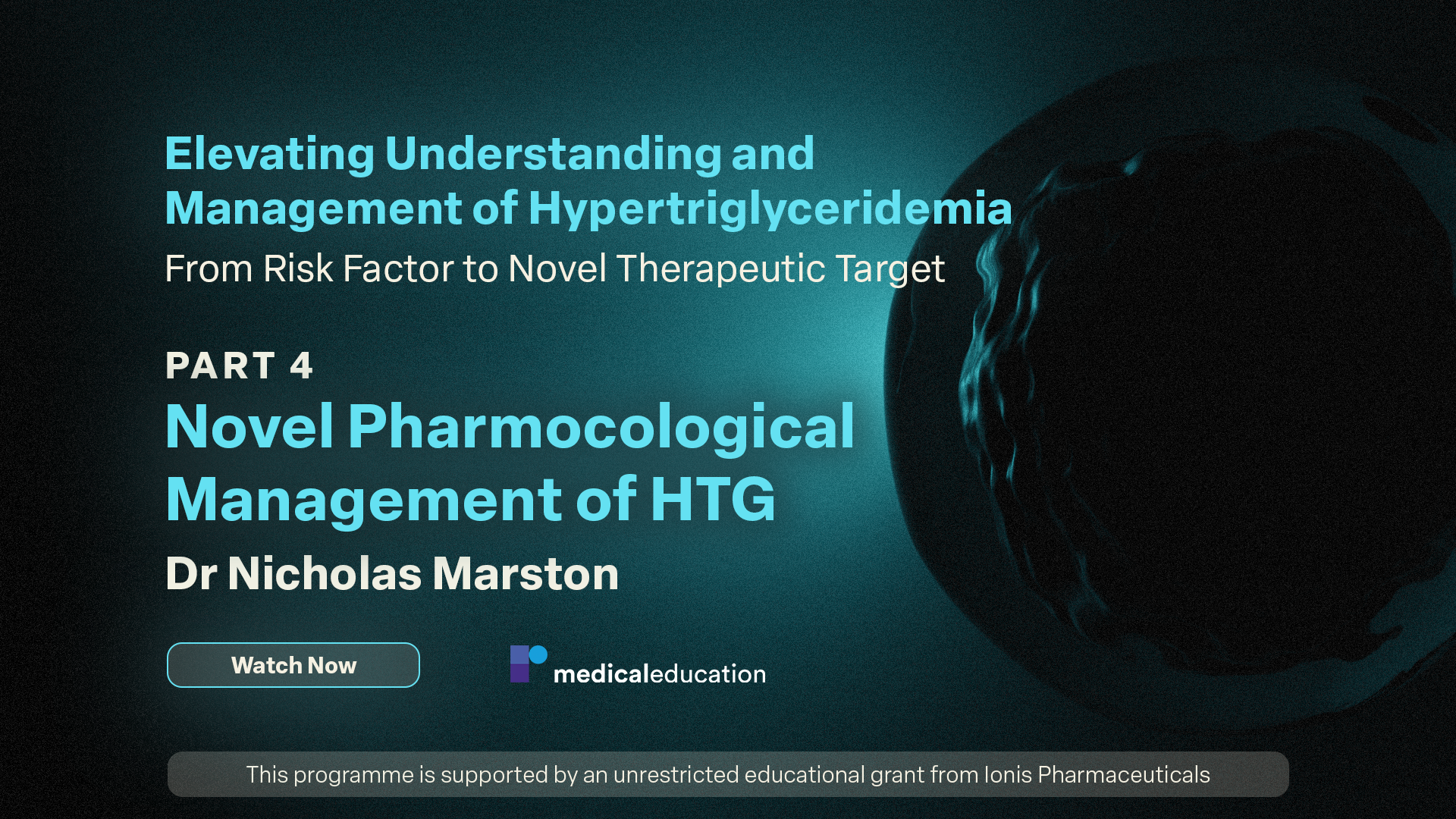
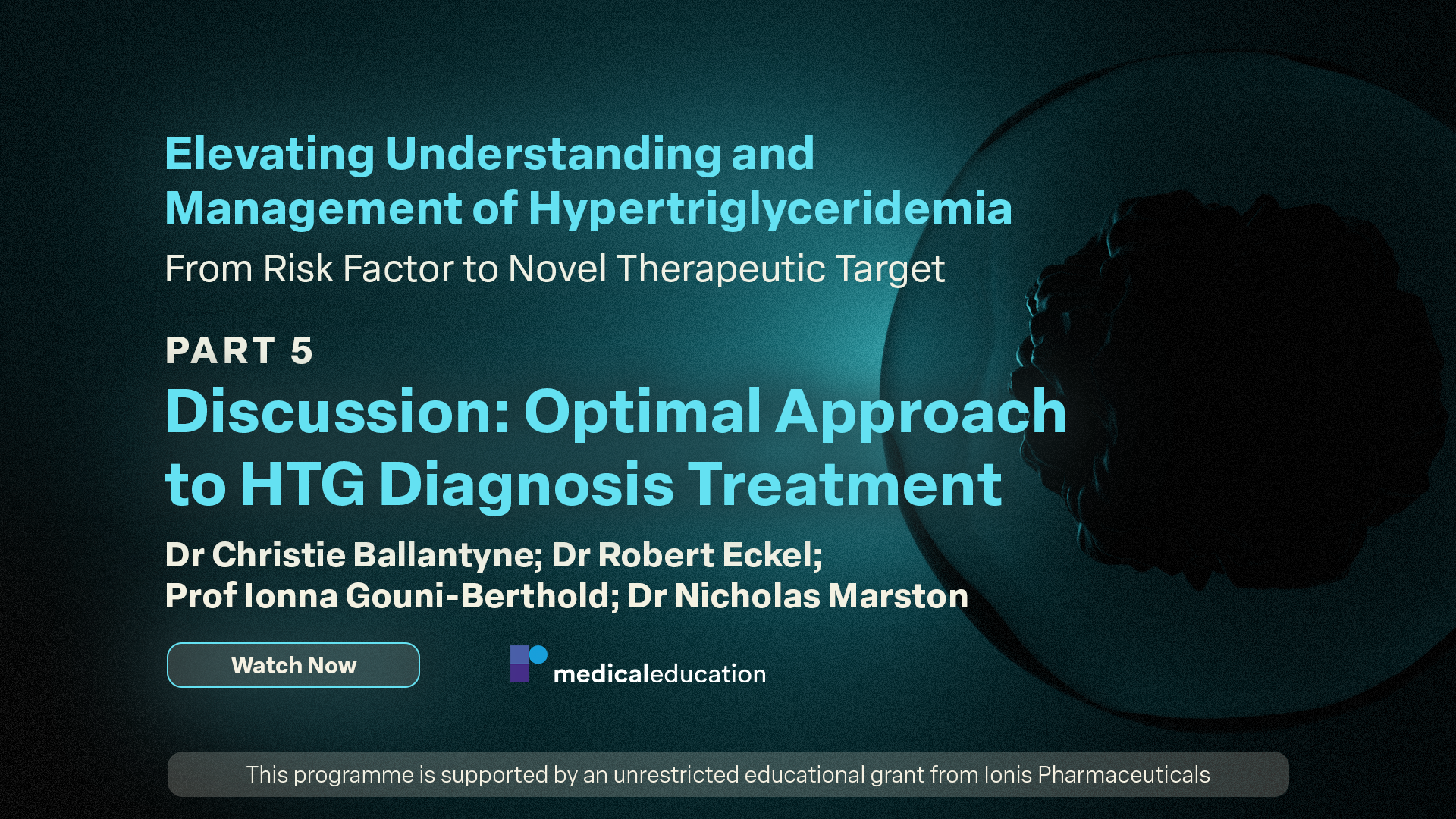
Comments